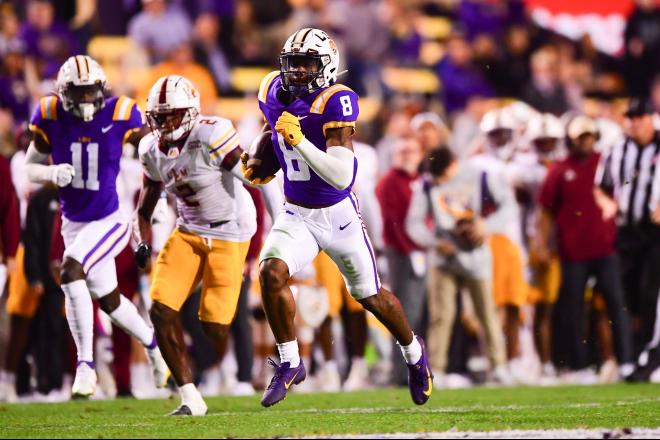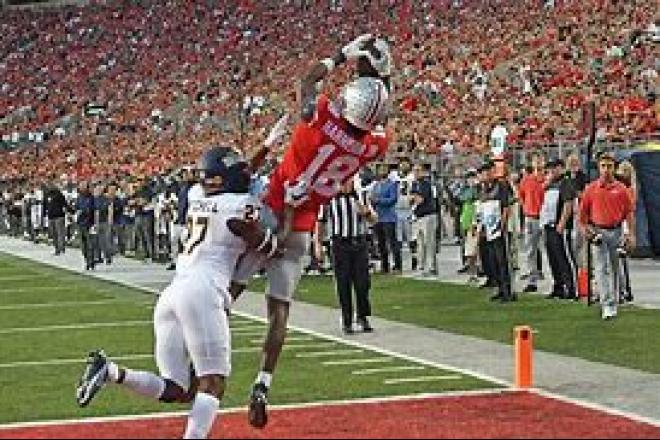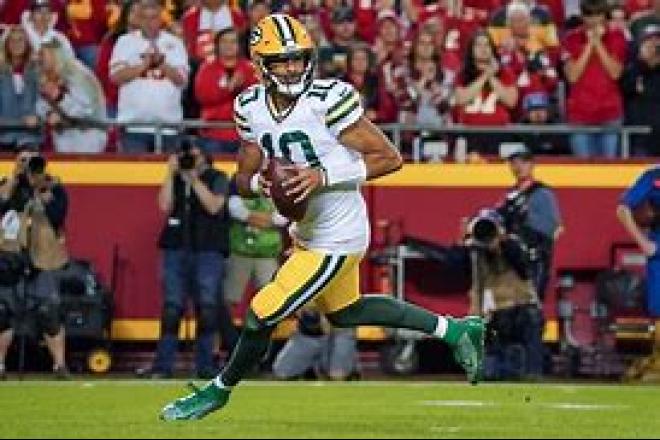In recent years, fantasy sports have transformed the way fans interact with their favorite games, particularly in the major U.S. sports leagues like the NFL, NBA, NHL, and MLB. This evolution in fan engagement has brought a new depth to sports viewership, extending beyond traditional spectating. This article delves into how fantasy sports have altered fan experiences in these leagues, highlighting the nuances and implications of this shift. While there's a natural intersection with legal sports betting, our focus here remains firmly on the fantasy sports aspect and its impact on fan engagement.
The Rise of Fantasy Sports in Major U.S. Leagues
Professional football, baseball, basketball, and hockey have all seen a significant surge in individuals participating in online fantasy leagues.
NFL: A New Playing Field
In the NFL, fantasy football has become almost as integral to fans as the actual games. It allows fans to build their dream team, making each game more personal. This engagement often leads to a deeper understanding of player statistics and team strategies, along with a broader appreciation of games that might otherwise be overlooked. The NFL has embraced this trend, with official fantasy football platforms and extensive coverage, making the game more interactive and engaging for fans.
NBA: Beyond the Court
Similarly, fantasy basketball has altered how fans interact with the NBA. It encourages a focus on individual player performances, often leading to a more nuanced understanding of the game. Fans are no longer just team-oriented but also player-focused, tracking progress across the league rather than just their favorite team. This broadened perspective enhances the overall NBA experience, making every game, regardless of the teams playing, significant to fantasy league participants.
NHL: Fantasy Hockey's Icy Grip
Fantasy hockey might not have the same widespread appeal as football or basketball, but its impact on NHL fans is undeniable. It drives interest in lesser-followed games and promotes an understanding of players beyond the most popular stars. Fantasy hockey enthusiasts often find themselves more invested in the league as a whole, following player injuries, trades, and line changes more closely.
MLB: A Home Run for Fantasy Baseball
Fantasy baseball, with its long-standing tradition, continues to be a staple for MLB fans. Its appeal lies in its complexity and the depth of strategy involved, mirroring the intricate nature of the sport itself. Fantasy baseball challenges fans to think like managers, making the long MLB season more engaging and interactive.
The Intersection with Legal Sports Betting
While fantasy sports and sports betting are distinct, there's an undeniable intersection. For instance, understanding SNF (Sunday Night Football) betting odds can complement a fantasy football strategy, although the two remain separate realms. Legal sports betting in the U.S. has grown, but its relation to fantasy sports remains complementary rather than central.
Fantasy sports are about building a team and engaging with the sport over a season, while sports betting, as indicated by the SNF betting odds, often focuses on individual games or events. The skill and knowledge gained from fantasy sports can inform betting decisions, but the two activities cater to different aspects of fan engagement.
Conclusion
Fantasy sports have undeniably enriched the fan experience in U.S. major leagues. By allowing fans to immerse themselves in the game’s nuances, fantasy sports have created a more interactive and engaging form of viewership. While there's a natural overlap with the world of legal sports betting, the core appeal of fantasy sports lies in the community, strategy, and deepened appreciation of the sports themselves. As these fantasy leagues continue growing, they promise to keep reshaping and enhancing how fans interact with their favorite sports.





